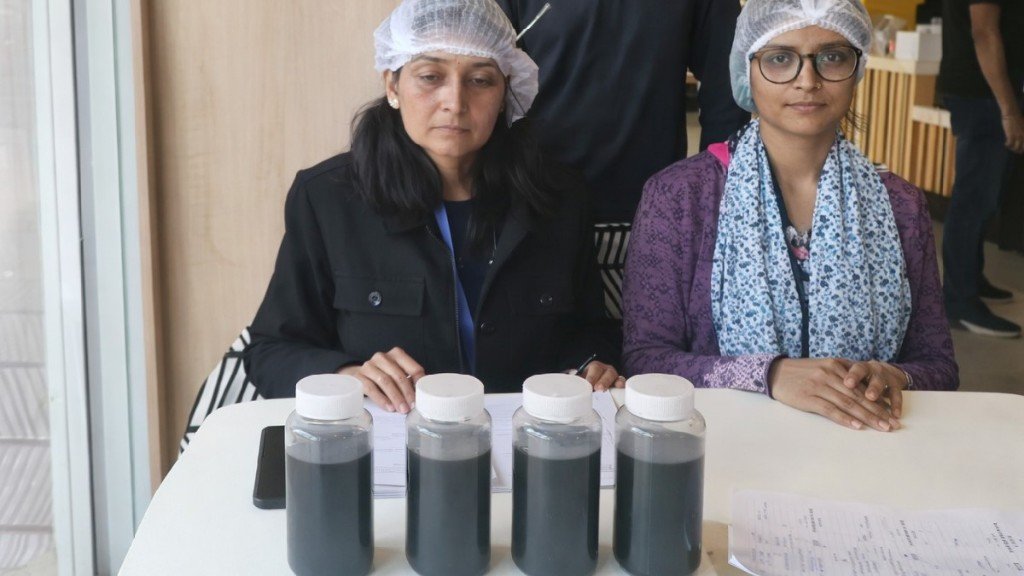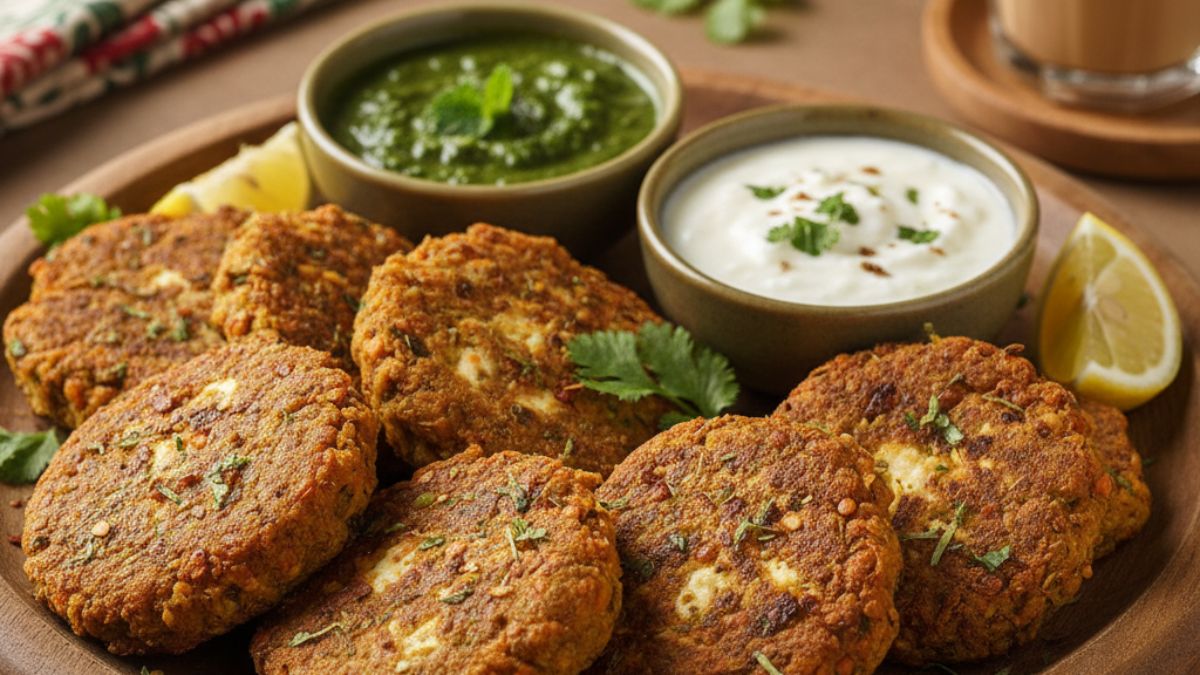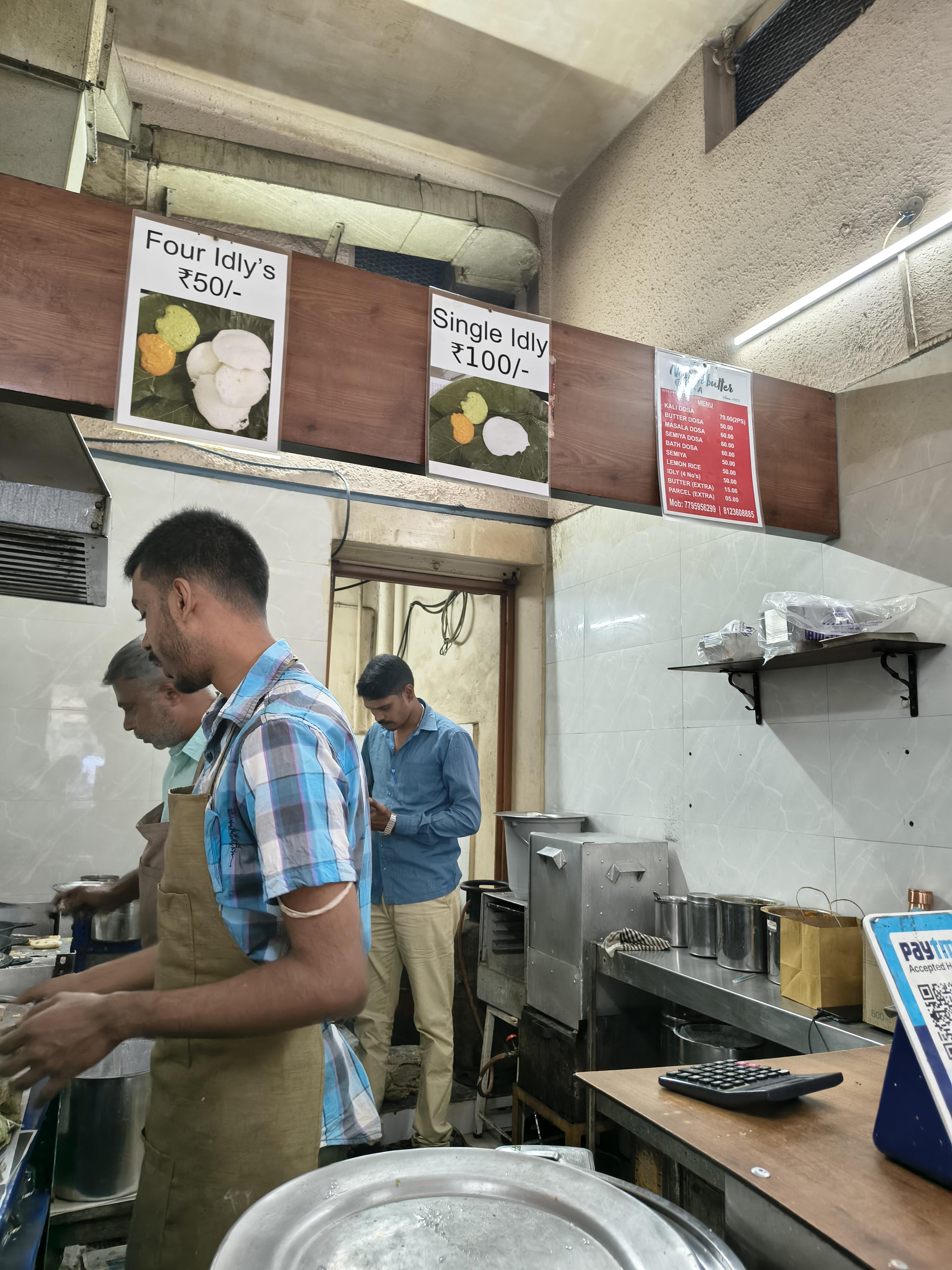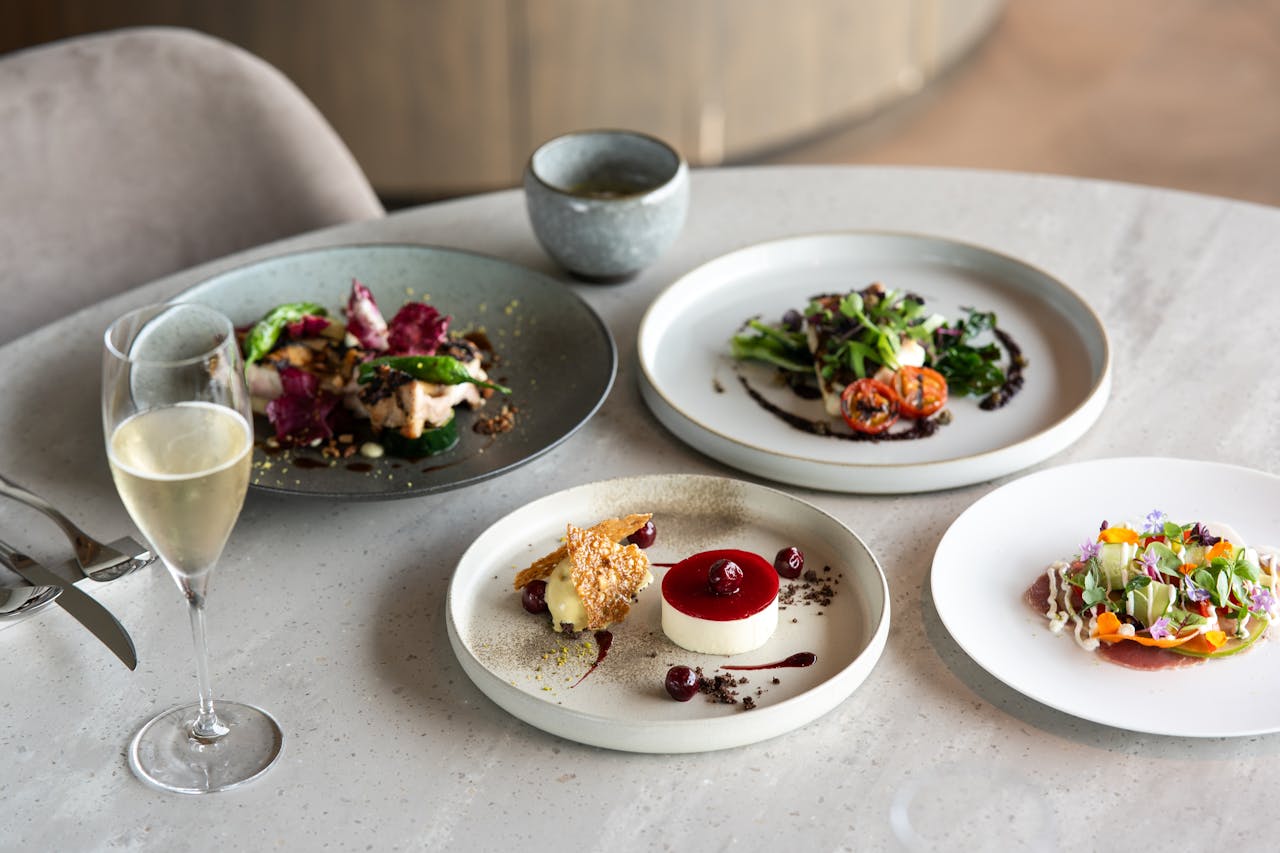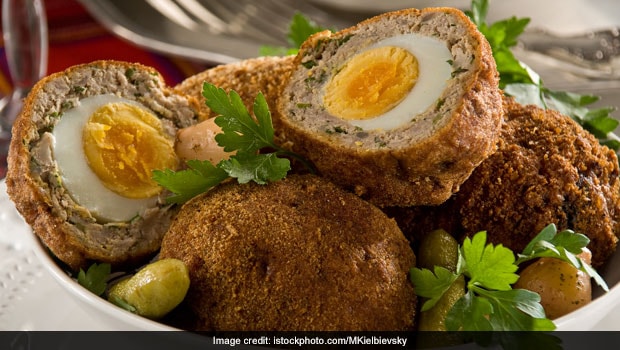Unlike the Continental Deviled Eggs, wherein the yolks are mixed with mayonnaise, mustard sauce, herbs and salt, and pipped beautifully into the hollow part of boiled eggs, the Bengali Deviled Eggs resemble what is more popularly known as Aloo Chops. It is believed that the term 'devil' in food preparations was initially used to refer to dishes that were spruced up with aromatic spices and flavourful condiments. Since spices were expensive commodities at that time, these 'deviled treats' - be it eggs or seafood - were enjoyed mostly by the upper class.
When the British established the East India Company and lived in Bengal, many of their food traditions were adopted by the locals and vice versa, leading to the invention of various dishes. Then, there was the influence from the Mughals too, which is evident in the form of Kolkata biryani, kathi rolls, kebabs, and the like.
The Bengali Deviled Egg is a delicious snack, which is prepared by mixing minced meat, mashed potatoes, spices and herbs, and then used to enclose a boiled egg to form a ball. The ball is then dipped in egg wash, coated with bread crumbs and deep-fried till golden and crisp. It is served piping hot with tomato ketchup, kasundi and sliced onions on the side.
Dimer Devil is also said to be inspired from a popular Mughlai dish known as Nargisi Kofta or Nargisi Kebab, which commonly features in Anglo Indian feasts as well. Perhaps, this is what led to the creation of Scottish Eggs, which follows the same concept.
Now that you know about Bengali Deviled Eggs, you must definitely look out for it while you go for your Durga Puja feasting. Don't forget to dip it in kasundi for that extra kick!
